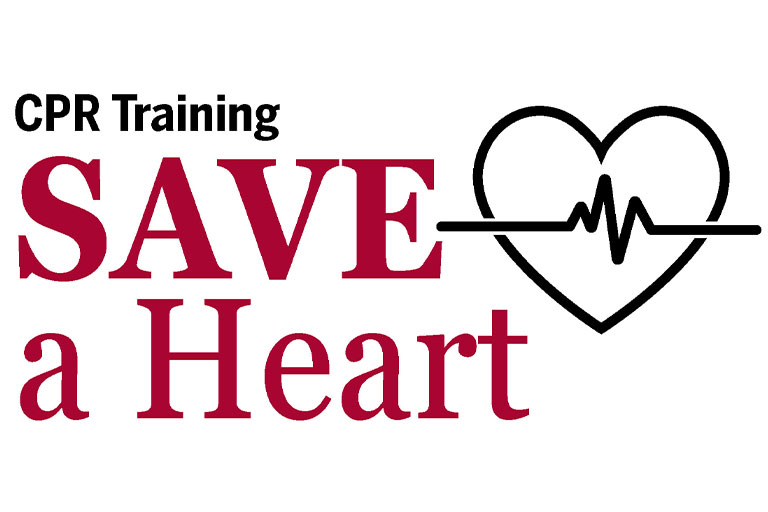When Buffalo Bills football player Damar Hamlin collapsed on the field during a game on January 2, 2023, paramedics and team doctors rushed to his side to begin administering cardiopulmonary resuscitation, or CPR, to keep his heart pumping.
Those actions may very well have saved the 24-year-old’s life.
They also highlighted the importance of knowing how to perform CPR during emergencies.
According to the American Heart Association (AHA), cardiac arrest affects nearly 50 people an hour. And 9 out of 10 Americans who suffer a cardiac arrest will die.
CPR can be a life-saving measure, say health experts, and when performed quickly and immediately, it can double or triple the chance of survival.
But not everyone is receiving this help. New research from the AHA shows that Black and Hispanic people who experience a cardiac arrest in the workplace are 27 percent less likely to receive CPR from a bystander than their white co-workers. In a personal setting such as on the street, Blacks and Hispanics are 57 percent less likely to receive life-saving care.
That’s one of the many reasons CPR training is critically important, especially within communities of color.
“These disparities are avoidable,” says James Wimbush, Indiana University’s vice president for diversity, equity and multicultural affairs. “Knowing how to perform CPR may save a loved one or a life within IU or the extended community.”
To shine a spotlight on how CPR training saves lives, Wimbush and IU Chief Health Officer Dr. Aaron Carrol are joining forces to host a series of free training sessions across each of IU’s campuses. The three-hour course teaches participants basic first aid and hand-only CPR with an AED review presentation/lecture —the necessary skills needed during an emergency while waiting for first responders. Participation/training certificates will be given at the end of the training.
“The first step is going through training and having the skills to help,” said Carroll. “Next, we all have to be willing to jump in and help if an emergency arises. If you know you can help, help. Whether that’s actually being the one to give CPR, calling 911 or helping in another way, we’re all responsible for helping others in an emergency.”
You can save a life by knowing CPR. Register today for one of these special sessions.


